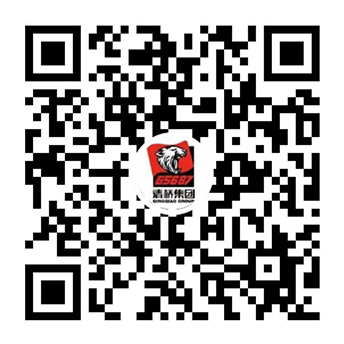


top
According to a report by UNODC, the poppy cultivation area and yield in Southeast Asia have significantly increased in the past few years. The planting area in Myanmar will reach 38100 hectares in 2022,two thousand and twenty-threeYear increase tofour point seven one10000 hectares, with an increase of18%Ranked among the top in the world.
Poppies are the raw material for many drugs, and with the increase of cultivation area, the production of opium has also significantly increased. The opium production in Myanmar has increased from 2022three hundred and thirtyTon increase totwo thousand and twenty-threeYear'sfive hundred and eightyTon, with an increase of up to76%It has become the world's largest producer of opium. In addition, data shows that a total of 1 billion methamphetamine tablets, commonly known as methamphetamine, were seized in Southeast Asia in 2021, an increase from 10 years agosevenTwice.

The production of poppy cultivation in Southeast Asia remains high, and the drug problem is rampant. This is mainly determined by the unique geographical conditions and intricate geopolitics of the local area.
Southeast Asia belongs to tropical monsoon climate and tropical rainforest climate, which are characterized by high temperature and high humidity, long sunshine time, abundant precipitation, and an average altitude of 1500 meters tothree thousandRice, the soil is mainly weakly acidic, which is very suitable for the growth of poppies.
At the same time, Southeast Asia is a multi-ethnic region with an extremely unstable political environment. In recent years, many countries in Southeast Asia have experienced coups and conflicts, posing severe challenges to the region's political stability, social harmony, and economic development. For example, the ongoing war between multiple ethnic armed groups and the Myanmar government army in Myanmar, with the northern Shan State and Mandalay Province in Myanmar in a state of prolonged melee. The ongoing political turmoil and violent conflicts not only weaken the government's effective governance capacity, but also undermine the overall peace of society and the steady growth of the economy, providing opportunities for the growth of illegal activities such as drug crimes. Even some armed groups directly participate in drug cultivation and trafficking in order to raise funds to support combat.

Under these conditions, the mountains, rivers, canyons, and other terrain in Southeast Asia have become natural barriers, not only facilitating the secret cultivation of poppies and hiding drug factories, but also providing convenience for the transportation of drugs. Especially the Lancang Mekong River and other rivers that run through Southeast Asia provide convenient conditions for the waterway transportation of drugs. The Golden Triangle region is located in the triangular area where Thailand, Myanmar, and Laos border each other. The border is blurred and difficult to effectively control, allowing criminals to easily evade police crackdown and transport drugs to other regions or countries.
The increasingly rampant production and trafficking of drugs in the region have brought a series of negative impacts, not only exacerbating regional conflicts and affecting social stability, but also hindering economic development, threatening public health, and damaging the international image of the region.
In order to cope with the current severe anti drug situation, governments of Southeast Asian countries attach great importance to it and are working together to severely punish criminal activities such as drug manufacturing, trafficking, and transportation through legislation and law enforcement. Various countries around the world and organizations such as the United Nations have also taken multiple measures to assist anti drug operations in Southeast Asia, such as the "Safe Passage" joint anti drug operation launched by China, Laos, Myanmar, Thailand, Cambodia, and Vietnam. Through strengthening intelligence exchange, joint law enforcement, and other means, a transnational cooperation mechanism has been established to jointly combat drug crimes and improve the efficiency and accuracy of the fight against drug crimes. The United Nations also helps to strengthen its anti drug capacity building by providing technical support and financial assistance.By developing agriculture and cultivating legal crops,Actively promote alternative planting projects. International public welfare organizations raise public awareness and vigilance towards drugs through promotional activities, and maintain personal health and social security and stability.
Laos:+856 2026 885 687 domestic:+0086-27-81305687-0 Consultation hotline:400-6689-651
E-mail:qingqiaoint@163.com / qingqiaog5687@gmail.com
Copyright: Qingqiao International Security Group 备案号:鄂ICP备2021010908号

